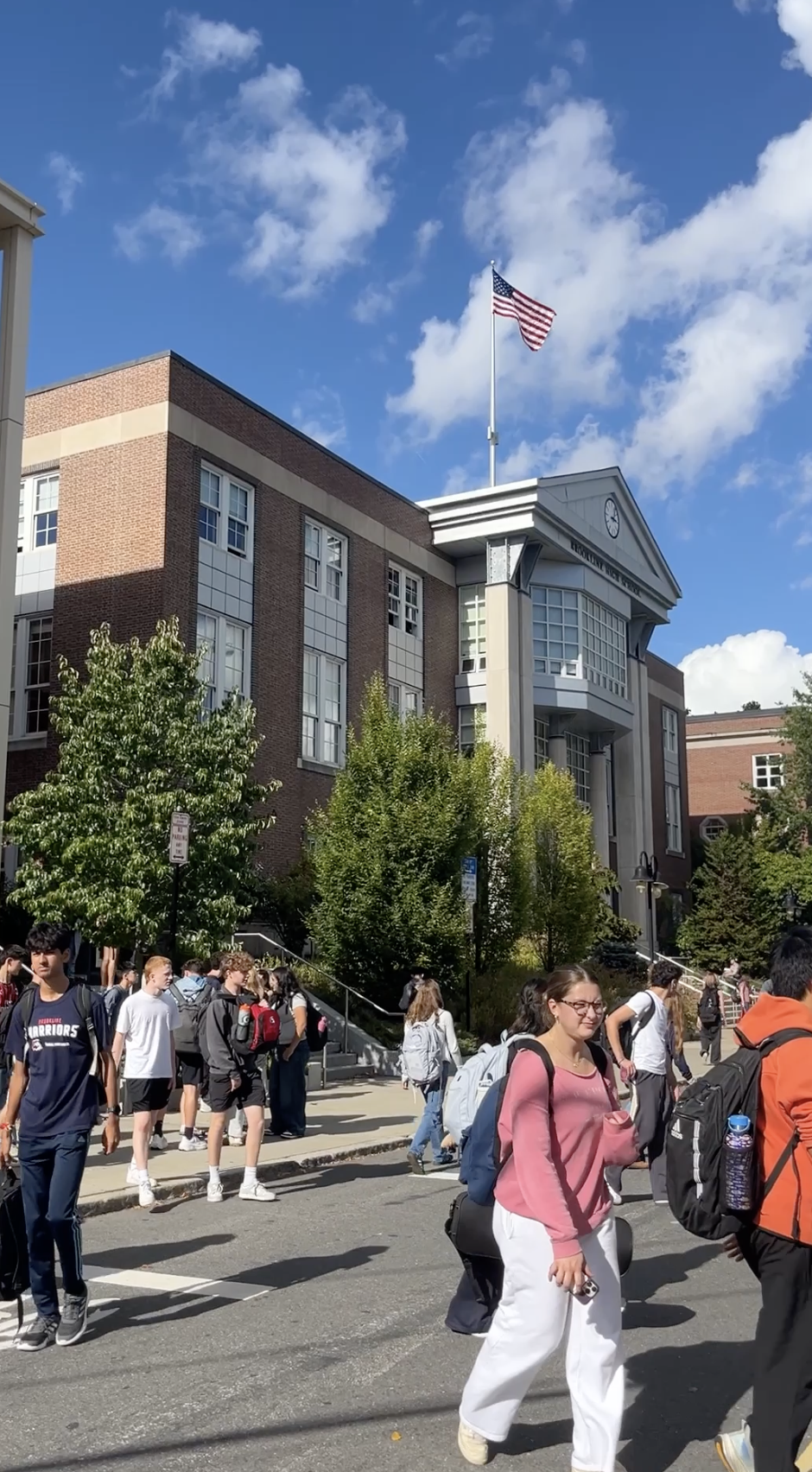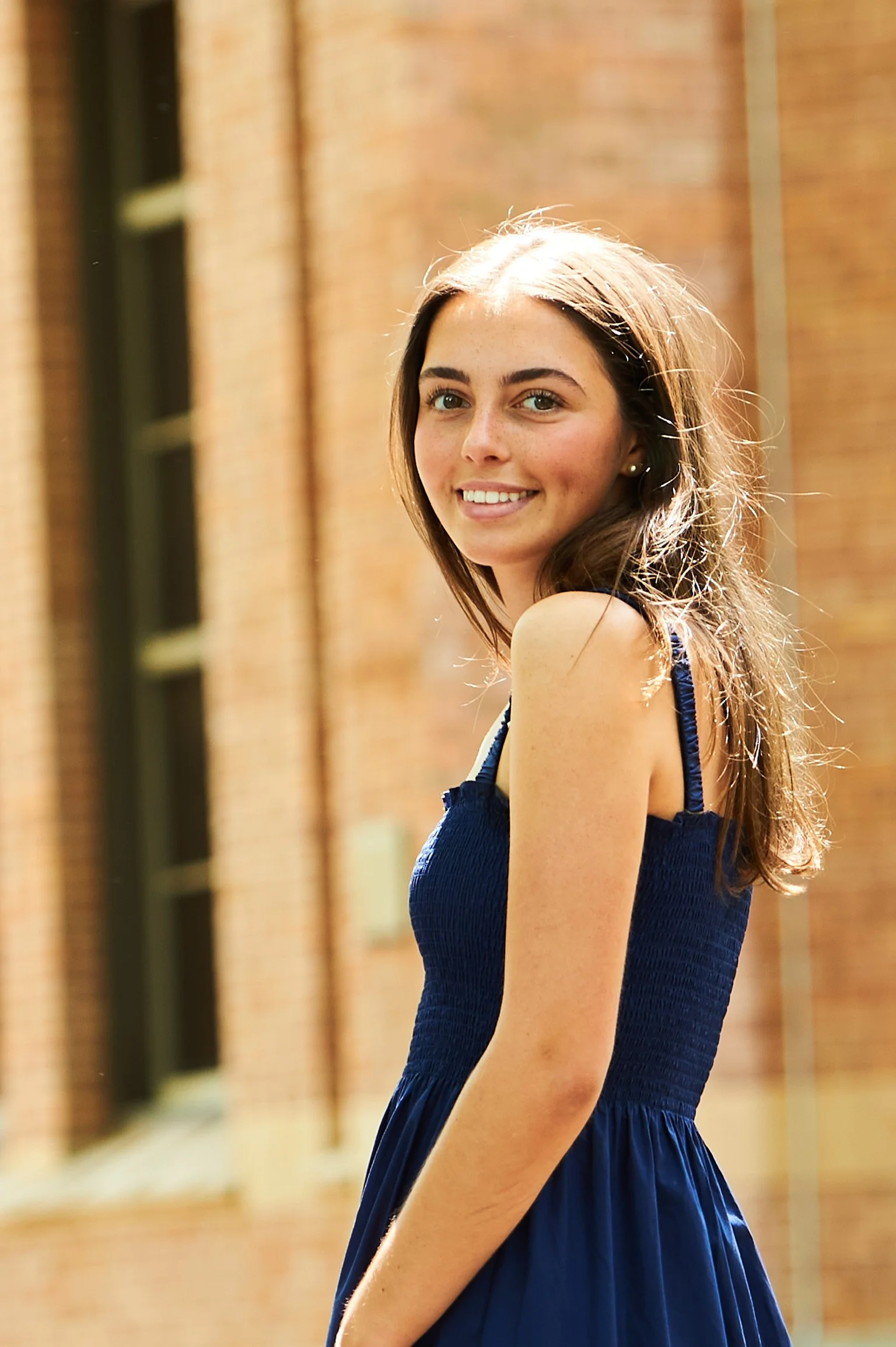Ideology Over Education: Partisanship in American High Schools
5 Politically Diverse States Represented
Stories from Public & Private Schools
A Commitment to Ideological Diversity
Unfiltered Voices, Unifying Lessons
The dialogue behind the division
Many schools, regardless of ideology, struggle to foster genuine diversity of thought, leaving students hesitant to speak or question freely.
Hi, I’m Ruby Kilar, a high school senior from San Francisco. Following the 2024 presidential election, I watched as universities across the country grappled with growing tensions between the conservative right and the progressive left. As I followed these debates, I began to notice similar dynamics in my own school—anyone who voiced opinions or posed questions outside the political majority wasn’t just disagreeing, but stepping beyond what was considered “acceptable” to say.
Curious whether this dynamic extended beyond my community, I began talking with students from across the country. I found that the divide reaches well beyond higher education, shaping high school environments across the political spectrum. Many schools, regardless of ideology, struggle to foster genuine diversity of thought, leaving students hesitant to speak or question freely.
This past summer, I interviewed five students from red and blue states, public and private schools, and found the same pattern repeating itself. My project, Ideology Over Education, gives voice to these students and explores how political leanings shape classroom culture, influencing not just what gets discussed but how students feel about sharing their ideas.
I hope this project encourages schools to reconsider how politics enters the classroom, fostering environments where students feel safe to question, debate, and engage openly with beliefs that differ from their own.
Join the conversation.
Every viewpoint brings new insight—and the courage to see differently unites us.
School Administrators → Reconsider how political topics are addressed in classrooms and to actively foster ideological diversity.
Creating an environment where all students feel safe sharing their perspectives lays the foundation for a school community in which every student experiences a genuine sense of belonging. For practical guidance on fostering inclusive and respectful classroom environments, I strongly recommend reading
The University of Chicago’s “Kelvin Report”.
Students → You play a vital role in shaping the culture of your school. I challenge you to critically reflect on:
What values does my school truly promote, and how are they reflected in classrooms and daily interactions?
Whose voices are heard most, and whose perspectives are often missing or overlooked?
How can I engage respectfully with differing views to help create a school culture where every perspective is valued?
What the students are saying
“There’s definitely a large political division among my student body… if you’re more liberal leaning you tend to be friends with people who are more liberal leaning and vice versa.”
Will (Montana)
“There’s a right time and place for social justice… and it’s a school at the end of the day. They’re not a social justice organization.”
Fiona (New York City)
“I think that if you leave it up to the teacher's discretion… their own political views get involved, and that's not fair to other students.”
Eva (Boston)
“Having civil discourse is something that should be fostered and encouraged because it's also preparing you for the real world… you’re not going to agree with everyone all the time.”
Sienna (New York City)
You can spark meaningful change
Have a story to share about your experiences with politics in the classroom? I want to hear from you. Your perspective is valuable, and by speaking up, you can help spark meaningful conversations and change.







